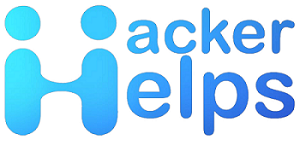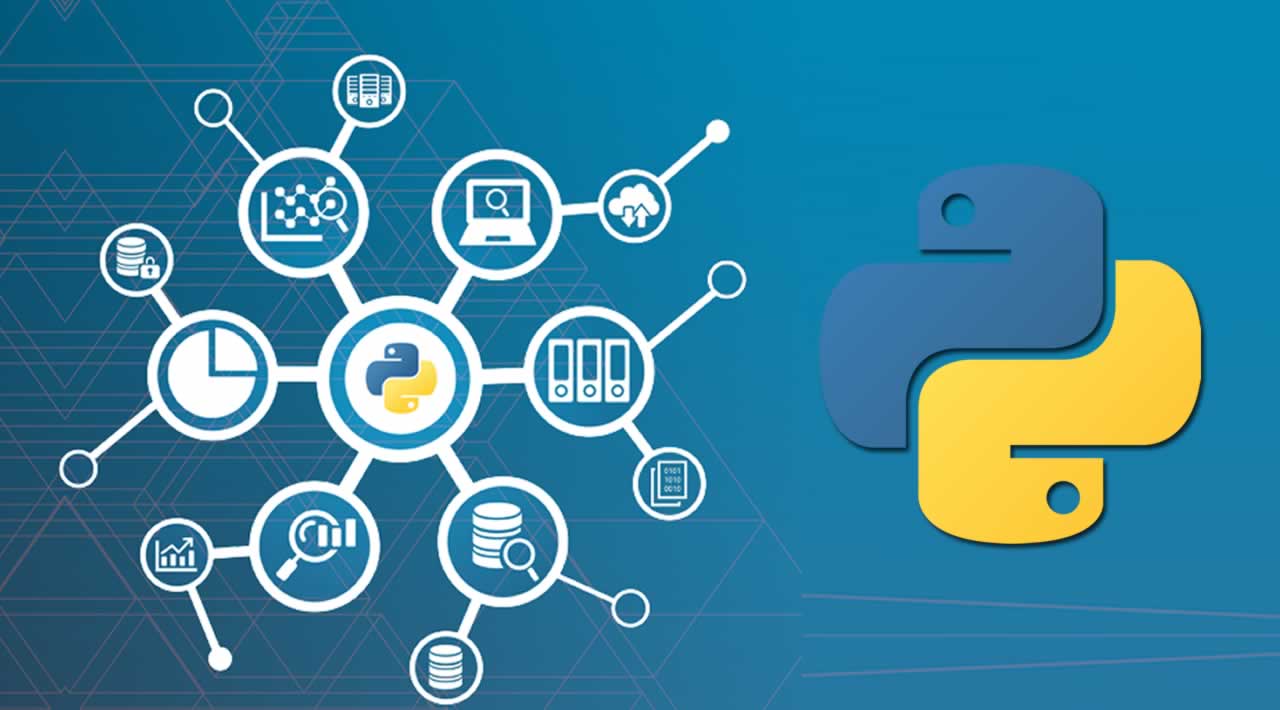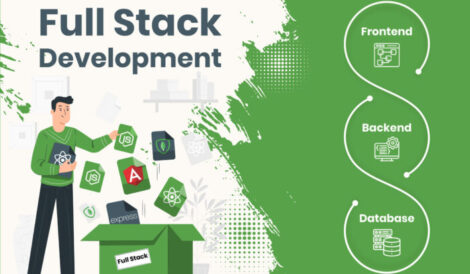Day 1: Introduction to Python
- Overview of Python
- Setting up Python environment
- Basic syntax and variables
- Simple data types: int, float, str
Day 2: Control Flow and Loops
- Conditional statements (if, elif, else)
- Loop structures (for, while)
- Control flow in Python
Day 3: Functions and Modules
- Creating functions in Python
- Function parameters and return values
- Introduction to Python modules
Day 4: Data Structures in Python
- Lists, tuples, and sets
- Working with dictionaries
- List comprehensions
Day 5: File Handling
- Reading and writing files in Python
- File modes and handling exceptions
- Practical file handling exercises
Day 6: Object-Oriented Programming (OOP) Basics
- Understanding classes and objects
- Constructors and methods
- Inheritance and polymorphism
Day 7: Introduction to Flask (Web Framework)
- Setting up a Flask project
- Creating routes and handling requests
- Basic HTML integration
Day 8: Flask Templates and Forms
- Jinja2 templating engine
- Building forms in Flask
- Handling form submissions
Day 9: Database Integration with Flask
- Introduction to SQLite
- Connecting Flask with databases
- Basic CRUD operations
Day 10: Introduction to Django (Web Framework)
- Django project structure
- Creating Django apps
- Models, views, and templates in Django
Day 11: Django Forms and Admin Interface
- Building forms in Django
- Utilizing Django admin interface
- Customizing admin views
Day 12: Django ORM and Database Interaction
- Django ORM for database operations
- Migrations and database schema
- Querying data in Django
Day 13: RESTful APIs with Django
- Building RESTful APIs
- Serializers and views in Django REST framework
- Consuming APIs with Python requests library
Day 14: Introduction to Testing in Python
- Importance of testing
- Unit testing with Python’s unittest
- Writing test cases for Python code
Day 15: Advanced Python Concepts
- Decorators and generators
- Context managers in Python
- Advanced topics exploration
Day 16: Version Control with Git
- Introduction to Git
- Git basics: commit, push, pull
- Branching and merging in Git
Day 17: Working with Virtual Environments
- Understanding virtual environments
- Creating and activating virtual environments
- Managing dependencies with Pip
Day 18: Web Scraping with Python
- Introduction to web scraping
- Beautiful Soup and Requests library
- Ethical considerations in web scraping
Day 19: Asynchronous Programming with Python
- Introduction to asynchronous programming
- Using async and await keywords
- Asyncio library in Python
Day 20: Introduction to Machine Learning with Python
- Overview of machine learning
- Introduction to scikit-learn library
- Building a simple machine learning model
Day 21: Data Visualization with Matplotlib and Seaborn
- Creating plots and charts with Matplotlib
- Advanced visualization with Seaborn
- Exploratory data analysis (EDA) techniques
Day 22: Web Development Best Practices
- Code optimization and performance improvement
- Security best practices in web development
- Handling user authentication and authorization
Day 23: Deployment Options for Python Applications
- Deploying Flask applications to Heroku
- Deploying Django applications to platforms like AWS or Azure
- Considerations for choosing a deployment strategy
Day 24: Introduction to Containerization with Docker
- Understanding Docker containers
- Building and running Docker images
- Dockerizing a Python application
Day 25: Continuous Integration and Continuous Deployment (CI/CD)
- Introduction to CI/CD pipelines
- Setting up CI/CD for Python projects
- Automating deployment with CI/CD
Day 26: Working on a Real-world Project
- Collaborative coding on GitHub
- Implementing features and fixing issues
- Code review and collaboration best practices
Day 27: Final Project Presentation
- Presenting individual or group projects
- Receiving feedback and suggestions
- Reflecting on the learning journey
Day 28: Career Development and Next Steps
- Building a strong portfolio
- Job search strategies for Python developers
- Continuous learning and staying updated in the field




You might want to review some Dummy Text generation which contains words and even sentences with a meaning and that should not suppose to happen
It really a great article for blogger as a beginner, intermediate or advanced level. I especially liked the part about Using Images Effectively.